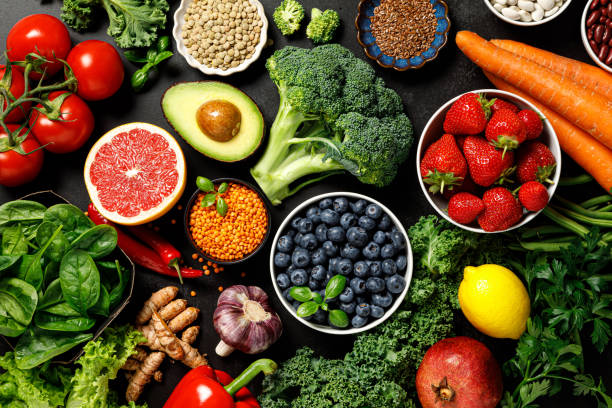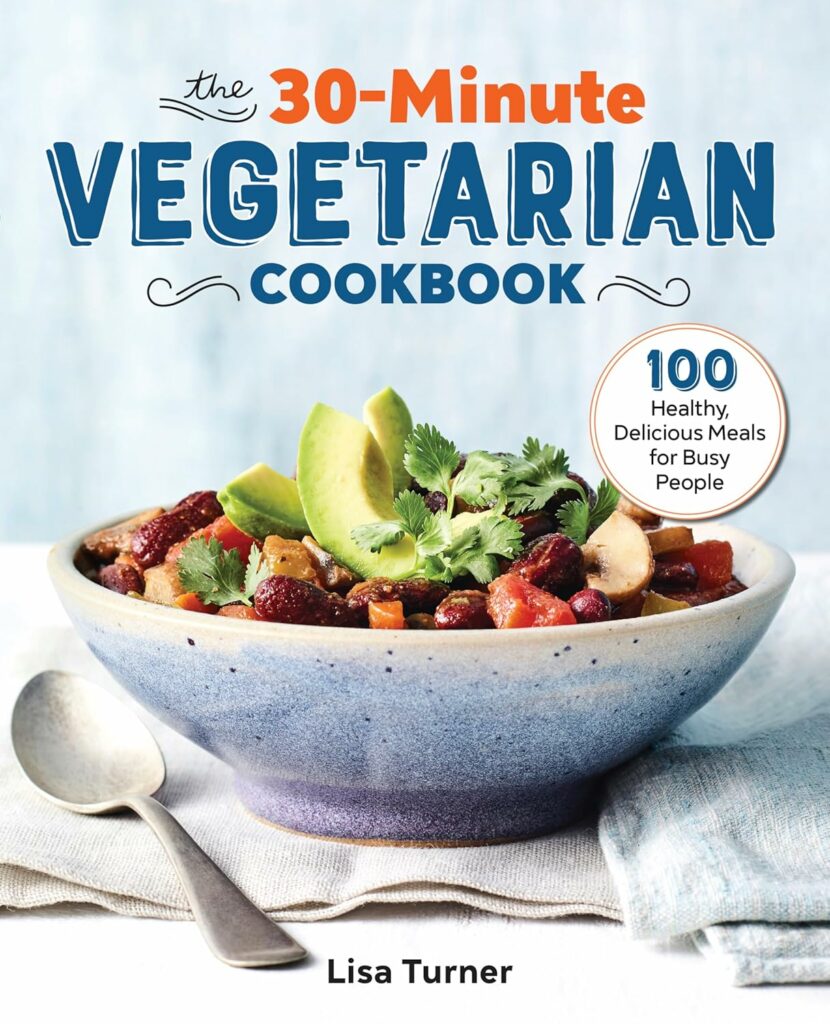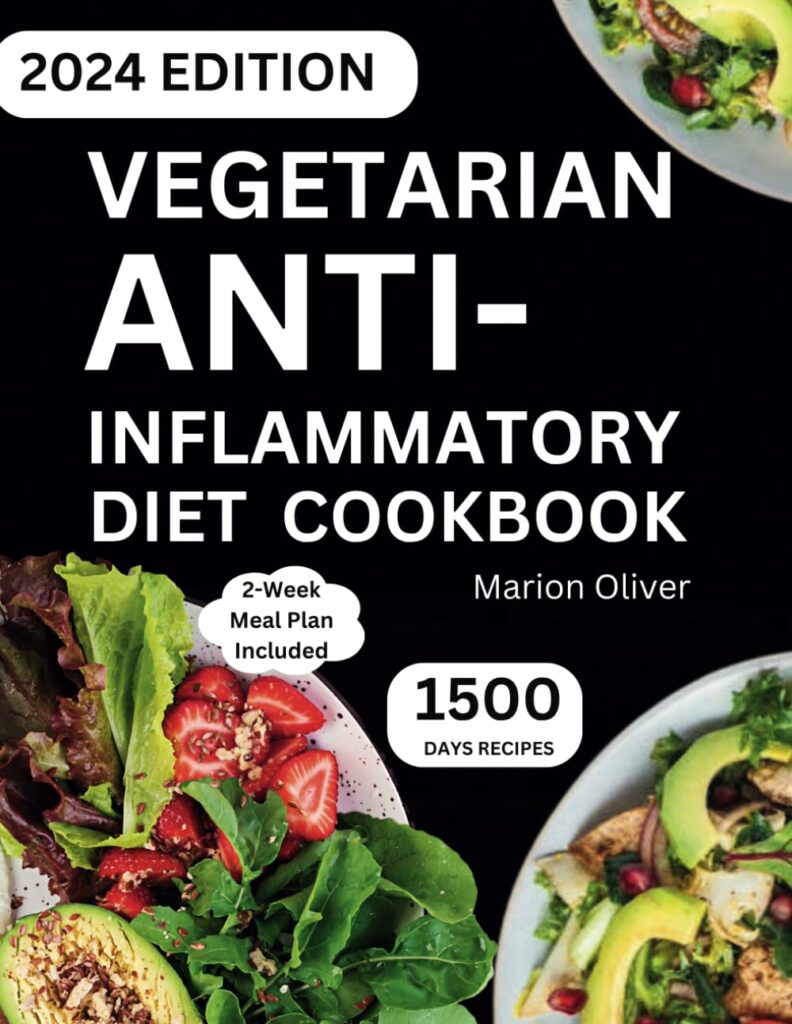
The Vegetarian Diet: Nourish Your Body with Plant-Based Goodness
The Vegetarian Diet has long been celebrated for its numerous health benefits, ethical foundations, and environmental sustainability. By focusing on plant-based foods and eliminating meat, the Diet offers a delicious and versatile way to achieve optimal health while respecting animal welfare and reducing your carbon footprint. Whether you’re considering this lifestyle for its nutritional value or moral principles, the Vegetarian Diet provides something for everyone.
What is a Vegetarian Diet?
At its core, the Vegetarian Diet excludes all forms of meat, poultry, and fish while emphasizing plant-based foods such as fruits, vegetables, grains, nuts, and seeds. Depending on personal preferences, some vegetarians include dairy and eggs, creating variations like lacto-vegetarian, ovo-vegetarian, and lacto-ovo-vegetarian diets.
The Diet is not just a trend but a lifestyle choice that promotes health and sustainability. With careful planning, this diet can meet all your nutritional needs and even offer several unique health advantages.
Benefits of a Vegetarian Diet
1. Promotes Heart Health
The Vegetarian Diet is naturally low in saturated fat and cholesterol while being rich in fiber, antioxidants, and healthy fats. These attributes help reduce the risk of heart disease and improve overall cardiovascular health.
2. Supports Weight Management
Plant-based foods in the Diet tend to be lower in calories and higher in fiber, making it easier to manage weight without feeling deprived.
3. Lowers Risk of Chronic Diseases
Studies show that individuals following a Vegetarian Diet are less likely to develop type 2 diabetes, high blood pressure, and certain types of cancer.
4. Enhances Digestive Health
The fiber-rich nature of the Diet promotes healthy digestion and prevents common issues like constipation.
5. Environmentally Friendly
Switching to a Vegetarian Diet significantly reduces your carbon footprint by lowering greenhouse gas emissions and conserving natural resources.
Types of Vegetarian Diets
1. Lacto-Vegetarian Diet
This variation includes dairy products but excludes eggs, meat, and seafood. It’s ideal for individuals who enjoy milk, cheese, and yogurt as part of their plant-based meals.
2. Ovo-Vegetarian Diet
Ovo-vegetarians include eggs but avoid dairy, meat, and fish. Eggs provide a versatile source of protein and nutrients in this version of the Diet.
3. Lacto-Ovo Vegetarian Diet
Combining the best of both worlds, this diet includes both dairy and eggs while excluding all forms of meat and fish. It’s one of the most popular forms of the Diet.
4. Vegan Diet
Though technically a separate lifestyle, veganism is the strictest form of the Vegetarian, excluding all animal products and byproducts.
5. Flexitarian Diet
This semi-vegetarian approach focuses on plant-based eating while allowing occasional consumption of meat or fish, making it a flexible stepping stone to a full Vegetarian Diet.

Key Components of a Healthy Diet
1. Fruits and Vegetables
The foundation of any Vegetarian Diet is fresh, colorful fruits and vegetables. These provide essential vitamins, minerals, and antioxidants for overall health.
2. Whole Grains
Foods like quinoa, brown rice, and whole-grain bread offer energy and important nutrients such as B vitamins and iron.
3. Legumes and Pulses
Beans, lentils, and chickpeas are rich in protein and fiber, making them staples of the Diet.
4. Nuts and Seeds
Almonds, walnuts, chia seeds, and flaxseeds are excellent sources of healthy fats and plant-based protein.
5. Dairy and Eggs
For those not following a vegan diet, low-fat dairy products and eggs can provide calcium, vitamin D, and protein to round out the Vegetarian Diet.
Nutritional Considerations for the Diet
1. Protein
Plant-based protein sources like tofu, tempeh, and legumes ensure you meet your daily protein needs on a Vegetarian Diet.
2. Iron
While plant-based iron isn’t as easily absorbed as animal-based iron, pairing iron-rich foods like spinach with vitamin C-rich fruits can enhance absorption.
3. Vitamin B12
B12 is typically found in animal products, so vegetarians may need to include fortified foods or supplements to maintain optimal levels.
4. Omega-3 Fatty Acids
Flaxseeds, walnuts, and algae-based supplements are great plant-based sources of omega-3s for a Diet.
5. Calcium
Leafy greens, fortified plant milks, and dairy products provide calcium for strong bones and teeth.
Tips for Success on a Diet
1. Start Gradually
If you’re new to the Vegetarian World, transition slowly by incorporating more plant-based meals into your routine.
2. Experiment with Recipes
Explore global cuisines, such as Indian curries, Mediterranean salads, or Asian stir-fries, to keep your meals exciting.
3. Plan Balanced Meals
Ensure your meals contain a variety of food groups to meet your nutritional needs on a Vegetarian Diet.
4. Stock Up on Staples
Keep your pantry stocked with essentials like beans, grains, and spices to make meal preparation easier.
5. Seek Support
Join vegetarian communities or forums to share recipes, tips, and encouragement as you embark on your Vegetarian journey.
Overcoming Challenges of the Diet
1. Social Situations
Dining out or attending events can be tricky. Research menus in advance or bring a vegetarian dish to share.
2. Nutritional Gaps
Address potential deficiencies by incorporating fortified foods and supplements where necessary.
3. Cravings
If you miss the taste of meat, try plant-based meat substitutes to satisfy your cravings without compromising your Vegetarian Diet.
Why Choose the Vegetarian Diet?
The Vegetarian Diet is more than just an eating plan; it’s a way to improve your health, protect the environment, and promote compassion. By focusing on nutrient-rich plant-based foods, you can enjoy a variety of delicious meals while reaping the health benefits. Whether you’re drawn to the diet for its ethical values or health advantages, the Diet is a versatile and rewarding choice.
Conclusion: Embrace the Vegetarian Diet for a Healthier You
The Vegetarian Diet offers countless benefits for your body, mind, and planet. From improving heart health to reducing your carbon footprint, this plant-based lifestyle is a powerful way to live better and feel great. With a little planning and creativity, the Diet can be enjoyable, fulfilling, and nutritionally complete.
At Healthy Health Spot, we’re dedicated to bringing you the best information on health and wellness. Explore our resources to learn more about the Diet and other healthy lifestyle choices. Share your thoughts, experiences, and favorite vegetarian recipes in the comments below—let’s inspire each other to live healthier, happier lives!



